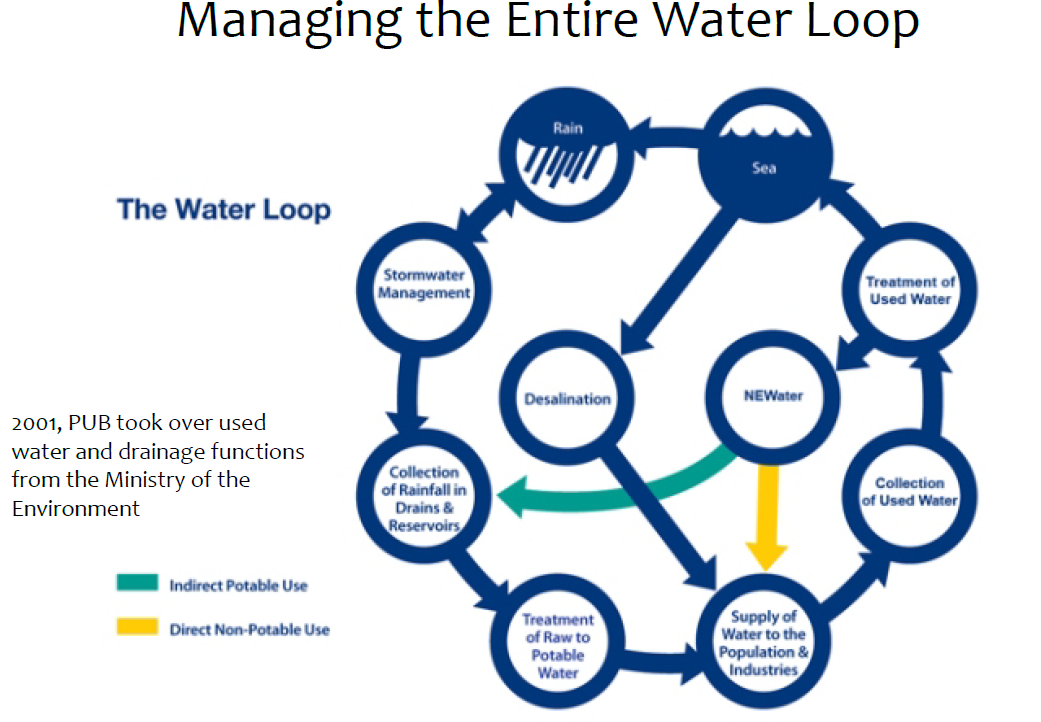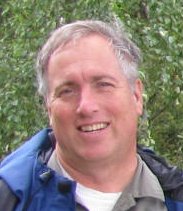January 16, 2018 - Mike Conner blogs about his experience as a Singapore International Water Week recipient.
The chance to participate in the Singapore International Water Week Scholarship Program was a wonderful opportunity to see how the rest of the world was approaching the same problems I encounter at our agency in Northern California.
Singapore has made its approach to water management a business strategy for the country that it uses for training and product development for other parts of the world. As a result, it’s part of their purview to find the most innovative projects and exceptionable speakers to participate in the conference.
The history of Singapore’s transition from being part of a Malaysia and its water system to its expulsion in 1965, requiring it to form as a separate island republic of 280 sq. mi. with a need to develop water self-sufficiency for its 5.5 million residents. This need has been pursued with a 3-part strategy (“NEW Water”) for water supply:
∗ Capture every drop of rain that falls on Singapore
∗ Collect every drop of used water, and
∗ Recycle every drop of water more than once.
Singapore’s success in pursuing each of these strategies have important lessons for the rest of us in managing what they call the “Water Loop” for our pursuit of “One Water.”
While the talks at Water Week were quite wide-ranging, seeing them in the framework of Singapore’s challenges allowed for a much larger appreciation of what can be accomplished if it’s part of a national focus.
I’d encourage high level utility managers to apply for a chance to participate in Singapore International Water Week 2018 through the SIWW Scholarship program. Find out more and apply by Feb. 2, 2018.
Oh, and by the way, it was not all work and no play!
Mike Connor,
East Bay Dischargers Authority
Posted (1/16/2018)



 (
( Dr. Connor is General Manager of the East Bay Dischargers Authority that discharges treated sewage effluent from the approximately 900,000 residents living between Oakland and San Jose. In that role he also serves as a Board member for the Bay Area Clean Water Agencies that are responsible for developing sustainable water treatment strategies for residents of the SF Bay.
Dr. Connor is General Manager of the East Bay Dischargers Authority that discharges treated sewage effluent from the approximately 900,000 residents living between Oakland and San Jose. In that role he also serves as a Board member for the Bay Area Clean Water Agencies that are responsible for developing sustainable water treatment strategies for residents of the SF Bay.